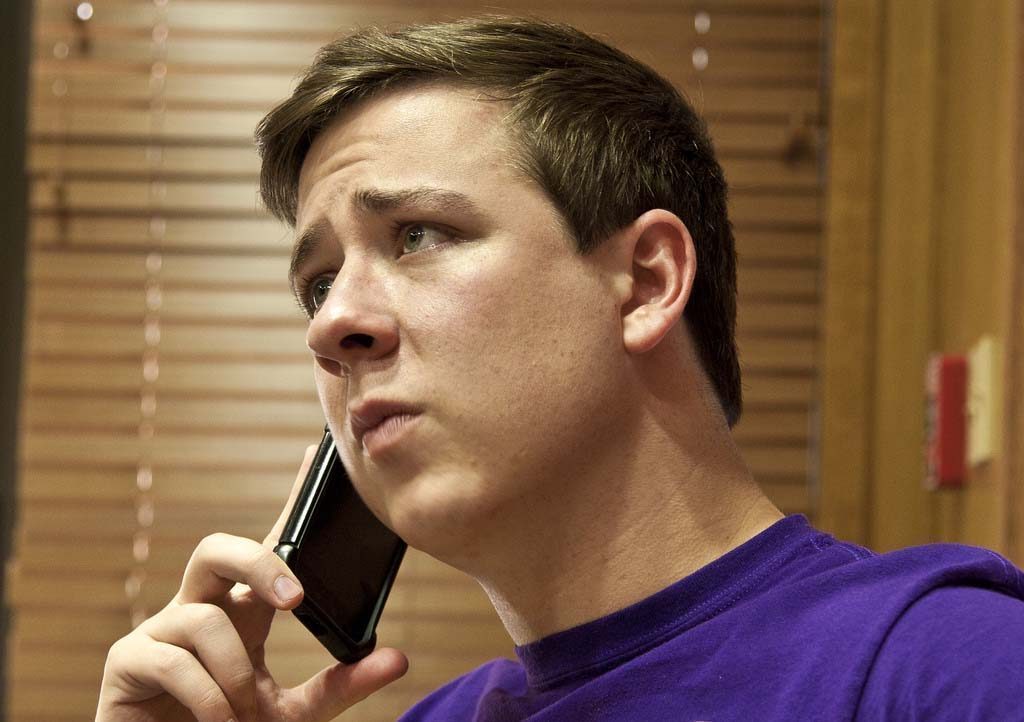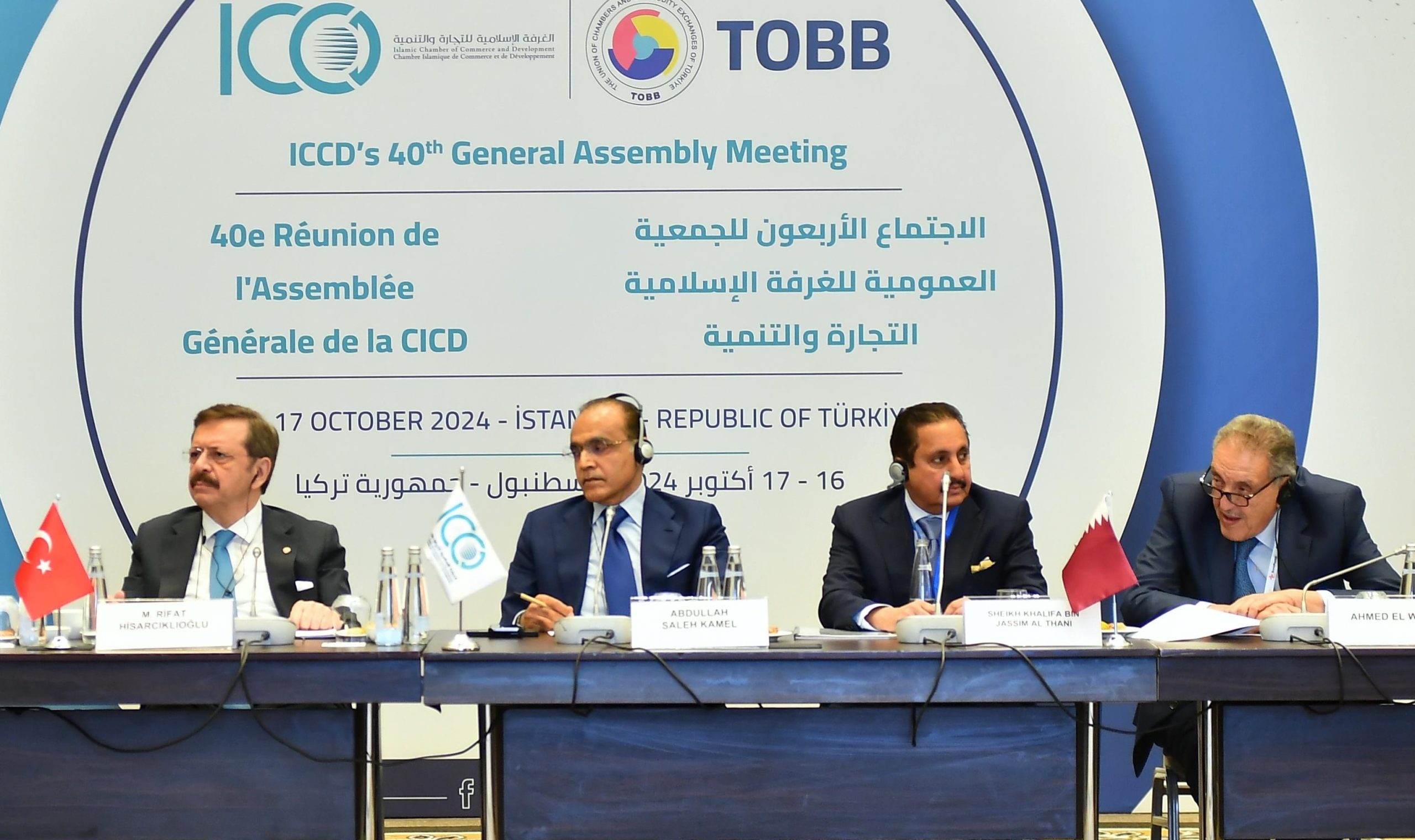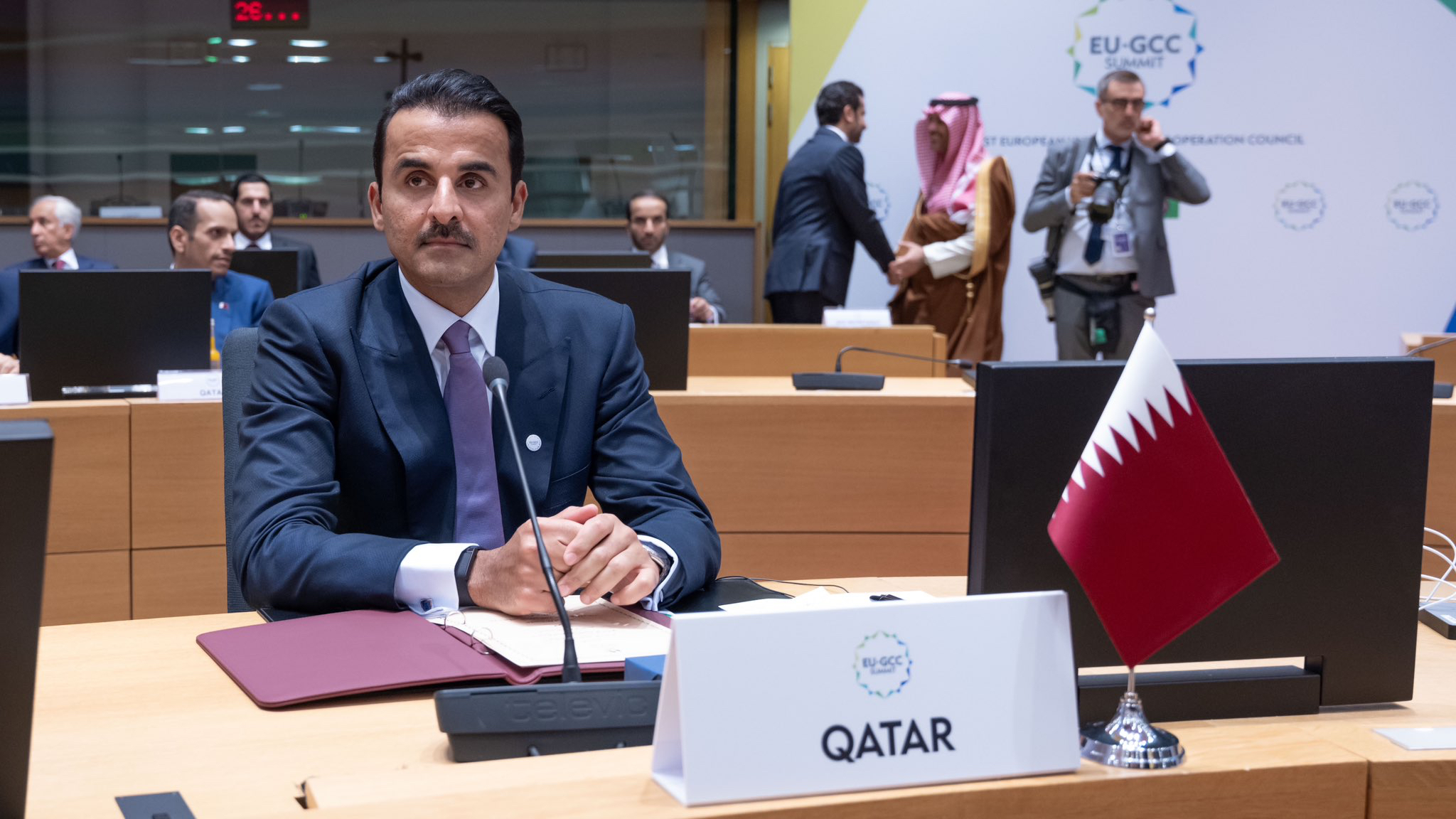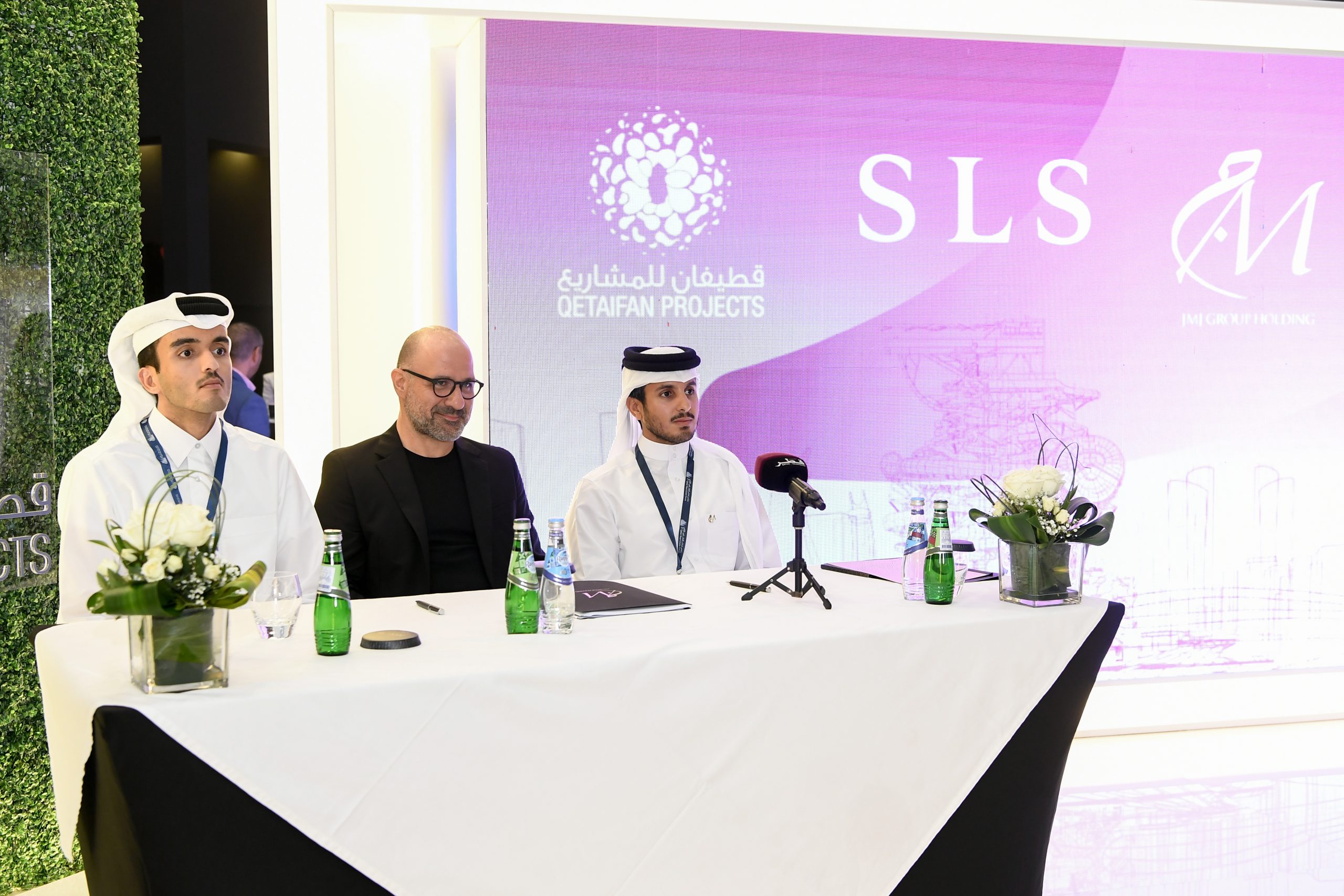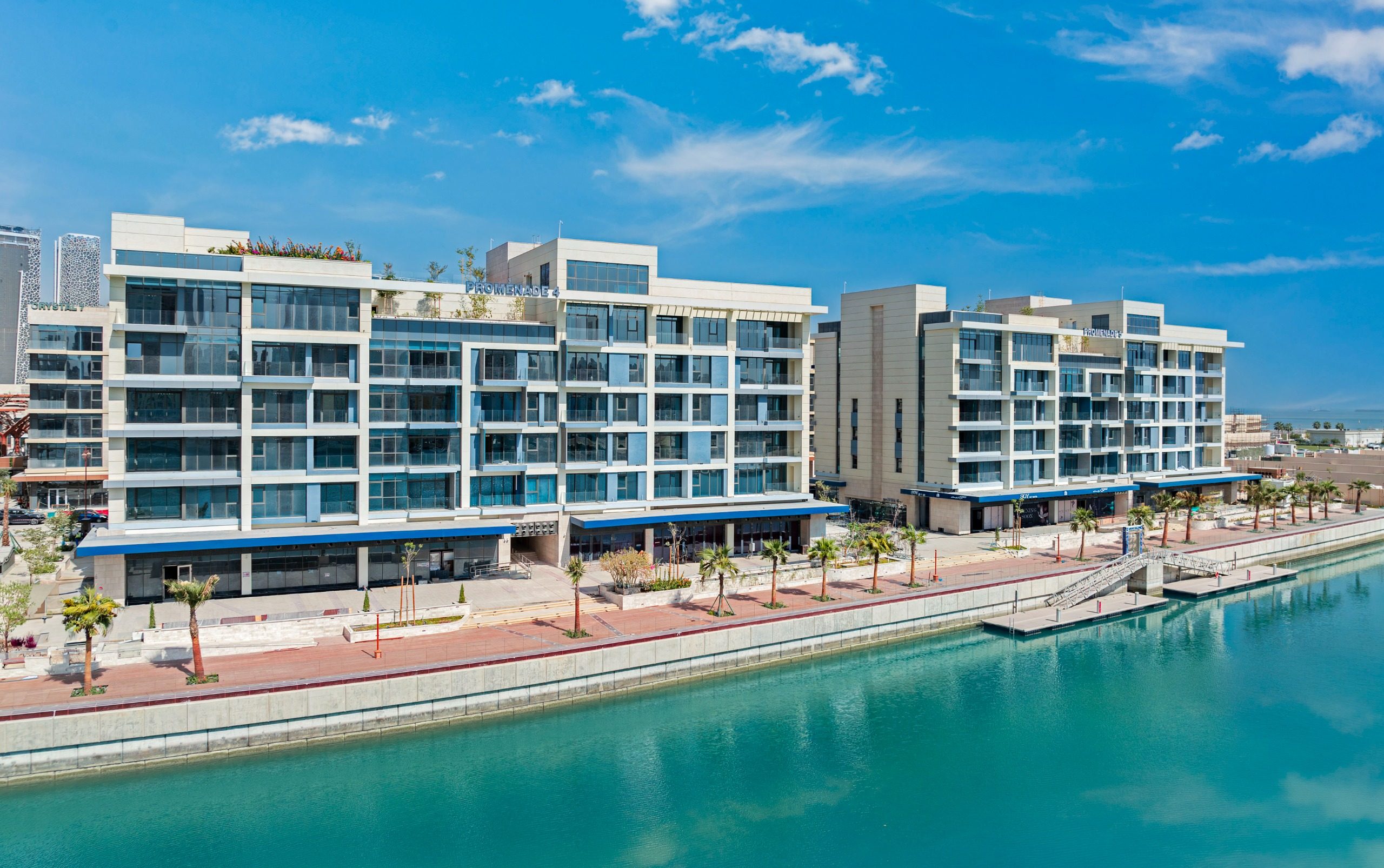
The country’s second-largest telecom firm has said local laws prevent it from disclosing how often it turns over customer information to Qatari authorities.
On Friday, Vodafone published its first-ever law enforcement disclosure report analyzing the demands made of it by law enforcement agencies in 29 countries between April 2013 to March 2014.
Specifically, the UK-based company released the number of demands it receives for a customer’s communications data – information such as call duration, location and destination – as well as requests for “lawful interception,” better known as wiretapping.
In its country-by-country report, Vodafone said local laws prevented it from releasing information on Qatar as well as Albania, Egypt, Hungary and Ireland.

Several more countries prohibit the disclosure of any details about how lawful interception is conducted, but allow companies such as Vodafone to publish the number of times it asked for communications data.
By contrast, readers can see that the Czech Republic made 7,677 wiretapping requests of Vodafone, while Portuguese authorities asked for communications data 28,145 times. In many cases, Vodafone links to previously published government reports on authorities accessing private communications.
During a press conference late last month discussing Vodafone Qatar’s financial results, CEO Kyle Whitehill was asked by Doha News about the extent to which it discloses customer data. He responded that the company helps law enforcement officials catch lawbreakers.
“We are always very, very cooperative to agencies when they require information from us. We help them track criminal activity.”
Qatar laws
Though it couldn’t go into specifics, the Vodafone report does, however, note that authorities in Qatar have the right to demand unfettered access to customer conversations:
“Article 59 of the Telecommunication Law states ‘service providers must comply with the requirements of the security authorities in the state’ … Any government department interested in ‘State security’ can rely on Article 59 … (Additionally), Article 93 of the Telecoms By-Laws states ‘nothing in the By-Law prohibits or infringes upon the rights of authorised governmental authorities to access confidential information or communication relating to a customer.’
Vodafone also notes in its report that there is no judicial oversight in Qatar of how law enforcement agencies exercise their power.
In its report, the company said it respects local regulations – even when some would argue that they are unjust intrusions on personal privacy:
“We respect the law in each of the countries in which we operate. We go to significant lengths to understand those laws and to ensure that we interpret them correctly, including those that may be unpopular or out of step with prevailing public opinion but which nevertheless remain in force.”
Vodafone said it is one of the first telecommunications company to prepare such a disclosure report. Vodafone says it is one of the first telecommunications company to prepare such a disclosure report.
Its main rival in Qatar, Ooredoo, does not directly address the issue of turning customer information over to authorities, but notes on its website that it is covered by the same local telecommunications law referenced by Vodafone.
The company prepared its report in an attempt to explain its principles, policies and procedures when faced with a demand to assist security forces with law enforcement and intelligence-gathering activities.
However, it added that the onus should fall on governments – not operators such as itself – to be more transparent in how often it requests communications records.
Thoughts?

